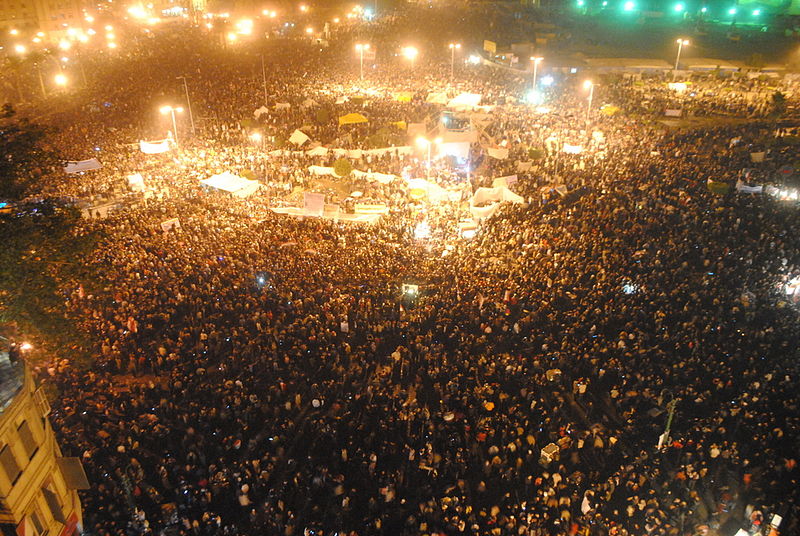Call for Papers: ESRC South East DTC Annual Conference: Power Revisited: Crisis and Opportunities
Department of Politics and International Relations
Royal Holloway, University of London
Wednesday 20th March 2013
Arab Spring! Occupy! Euro-crisis! Austerity! Riots! New Warfare! Is this the rise of power in a new guise? Is this a time of crisis or opportunity? Recent events challenge us to reconsider the nature of power in our contemporary world. The view of power today is split. It could be said that our current situation is merely a repeat of history, and an intensification of the old battle lines. Conversely our current situation can be regarded as new, unique and pressing. How we come to understand power has a bearing on how we come to understand our future. As such, this conference aims to stimulate critical engagement and challenge our predisposed notions of power. We invite paper proposals on any topics related to the conference theme, and would particularly welcome abstracts related to the following areas:
- Conflict Analysis
- International Political Economy
- Military, Security and Strategic Studies
- Political Communication
- Political Culture and Identity
- Political Protest and Social Transformation
- Political Theory
- Transnational and Global Relations
Deadline for Abstracts: Wednesday 19th December 2012
Submission guidelines for abstracts:
Abstracts should be between 300-350 words in a PDF or Word format and
offer a concise outline of the proposed paper.
Submissions must contain the following information:
1. Name and contact email.
2. Institutional affiliation.
3. Short biographical statement of 75 words or fewer.
4. Title of paper.
5. Abstract of between 300-350 words.
6. Keywords.
Papers are required and should be 3000-5000 words in length.
Presentations will be 15 minutes.
Schedule:
Deadline for abstracts: Wednesday 19th December 2012
Notification for authors: January 2013
Deadline for papers for successful applicants: Wednesday 6th March 2013
ESRC SEDTC Politics Postgraduate Conference - Call for Papers Neurosis in mass society America, from Crooks & Liars
Neurosis in mass society America, from Crooks & Liars


